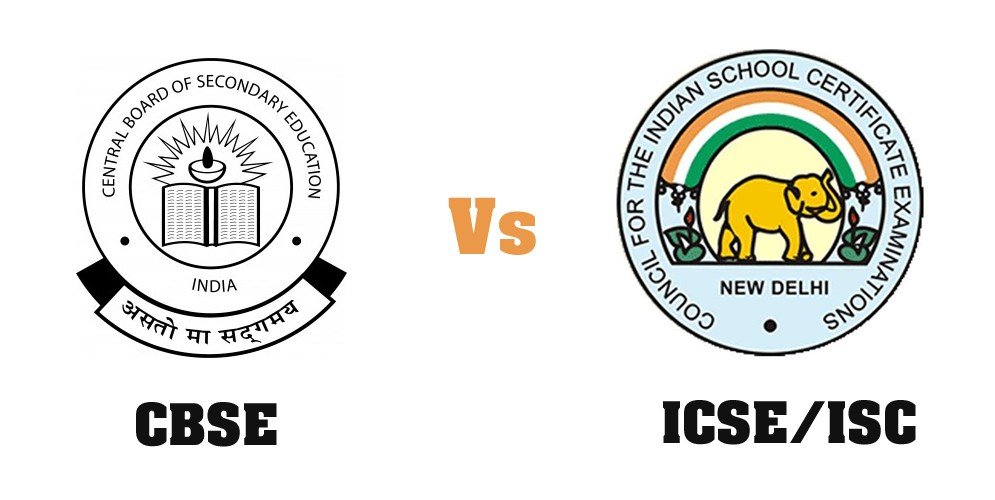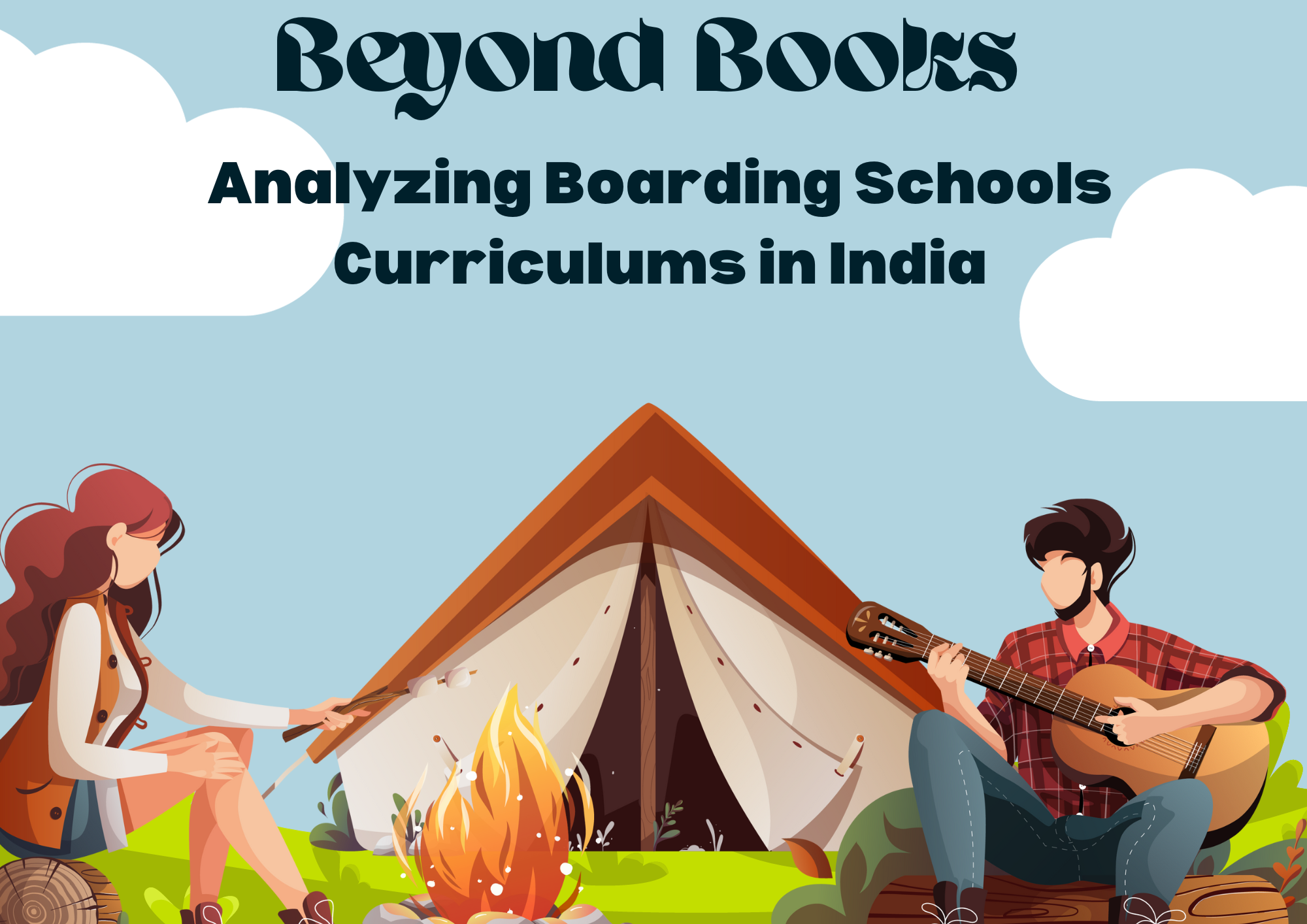The boarding schools curriculums in India is a multifaceted educational approach that goes beyond traditional classroom learning. These institutions are designed to foster holistic development by integrating academic excellence with co-curricular and extracurricular activities.
The curriculum typically follows a comprehensive structure that includes a rigorous academic syllabus, encompassing subjects ranging from science and mathematics to humanities and the arts.
What sets boarding schools curriculums in India apart is their emphasis on character building, discipline, and personal growth. Students are encouraged to participate in various sports, cultural events, and leadership programs, contributing to the cultivation of well-rounded individuals.
Moreover, the residential aspect of boarding schools curriculums in India creates an immersive learning environment, promoting camaraderie, teamwork, and cultural diversity. This unique setting not only enhances academic performance but also instills essential life skills, independence, and a sense of responsibility.
Overall, the boarding schools curriculums in India strives to nurture students into intellectually curious, socially adept, and morally upright individuals prepared to face the challenges of the future.
A Comparative Analysis of Boarding School Curriculums in India

Boarding schools curriculums in India have long been regarded as institutions that not only shape academic excellence but also foster personal growth and character development. Boarding schools in India are renowned for their commitment to academic excellence.
The curriculum typically adheres to the national education framework but often goes beyond, offering advanced courses and a diverse range of subjects. Small class sizes, dedicated faculty, and a conducive learning environment contribute to a focus on individual student needs.
Beyond academics, the boarding schools curriculums in India places a strong emphasis on holistic development. Physical education, sports, arts, and cultural activities are integral components. Students are encouraged to explore their talents and interests outside the classroom, fostering a well-rounded personality.
Character education is a cornerstone of the curriculum. Boarding schools curriculums in India aim to mold students into responsible and compassionate individuals.
Moral and ethical values are integrated into the daily routine, and students often participate in community service projects, instilling a sense of social responsibility.
Boarding schools curriculums in India encourages self-reliance and independence. Students manage their daily routines, from study schedules to personal chores.
This fosters a sense of responsibility, time management, and resilience—qualities that are invaluable in later stages of life. Many boarding schools in India have a diverse student body.
This diversity, coupled with a global perspective integrated into the curriculum, helps students develop cultural awareness and an understanding of global issues. Cultural exchange programs and international collaborations further enrich the learning experience.
Leadership skills are cultivated through various activities, such as student councils, clubs, and leadership camps. Boarding schools curriculums in India recognize the importance of nurturing future leaders and provide opportunities for students to take on responsibilities, make decisions, and collaborate with peers. Extracurricular activities play a vital role in the boarding school experience.
Whether it’s participating in debates, music, drama, or environmental initiatives, students have the chance to explore and excel in areas beyond the academic realm. This not only enhances their skills but also contributes to their overall well-being.The boarding school curriculum is structured to prepare students for higher education both in India and abroad.
The Foundation: CBSE vs. ICSE

Many boarding schools in India follow either the Central Board of Secondary Education (CBSE) or the Indian Certificate of Secondary Education (ICSE) curriculum.
CBSE schools in India is known for its structured approach, emphasizing core subjects and national level competitive exams. On the other hand, ICSE offers a more comprehensive curriculum, focusing on a broader range of subjects, including arts, and placing an emphasis on a deeper understanding of topics.
International Baccalaureate (IB) Schools: A Global Perspective
Some boarding schools have adopted the International Baccalaureate (IB) curriculum, renowned for its international outlook and emphasis on critical thinking.
IB encourages students to explore subjects in depth, fostering a well-rounded understanding of various disciplines. The emphasis on developing skills such as research, communication, and self-reflection sets IB apart from national curriculums.
Specialized Programs: Science, Arts, and Commerce

Boarding schools curriculums in India often offer specialized streams to cater to the diverse interests and career aspirations of students. Schools focusing on science provide state-of-the-art laboratories and intensive coaching for competitive exams.
Those inclined towards arts and humanities benefit from a curriculum that encourages creativity, critical thinking, and a deep appreciation for literature, history, and the arts. Commerce streams focus on developing business acumen, financial literacy, and entrepreneurship skills.
Co-curricular and Extracurricular Activities

Boarding Schools Curriculums in India prioritize a holistic approach to education, integrating cocurricular. Sports, music, dance, drama, and community service play a vital role in character building and personality development.
Some schools collaborate with external organizations to provide specialized training and exposure in areas such as sports or performing arts.
Technology Integration

The role of technology in education is increasingly important, and boarding schools are adapting to this trend. Some schools incorporate cutting-edge technology into their teaching methods, while others focus on a balanced approach, combining traditional teaching with digital tools.
Emphasis on Character Development and Leadership

Boarding schools curriculums in India often prioritize character development and leadership skills. Programs focusing on ethics, values, and social responsibility contribute to the overall personality development of students. Leadership training, outdoor activities, and collaborative projects foster teamwork and resilience.
As an International School, Ecole Globale ensures that the boarding school experience remains stellar across its teaching methods. At Ecole, we believe at providing quality education to our girls and advocate planting challenges along the way of their growth so that they can truly achieve comprehensive growth, not just inside the classroom but also outside of it.
The residential school experience teaches students various aspects of their life, such as self-management, time management, organization, and balancing academics, co-curriculars, and extracurriculars with ease.
All these methods to make students learn are well-complemented by the aids of technology, which help the teachers and students adapt to the latest methods of learning.
The CBSE Program offered by the Ecole Globale School is monitored by the Central Board of Secondary Education and is offered from Class IV through Class XII. Initially, when a student enrolls into the School, they get to only choose the CBSE Curriculum, as it one of the most popular and widely accepted boards in the country.
The Cambridge International curriculum sets a global standard for education, and is recognised by universities and employers worldwide. CI curriculum is flexible, challenging and inspiring, culturally sensitive yet international in approach.
Cambridge students develop an informed curiosity and a lasting passion for learning. They also gain the essential skills they need for success at university and in their future careers. Over 10,000 schools in over 160 countries follow the Cambridge international curriculum.
Choosing the right boarding school in India is a crucial decision for both students and parents. While academic excellence is a common goal, the approach to achieving it can vary significantly.
A thorough understanding of the curriculum, teaching methodologies, and the school’s ethos is essential for making an informed choice.
Ultimately, a wellrounded education that combines academic rigor with character development is the hallmark of a distinguished boarding school experience in India.









